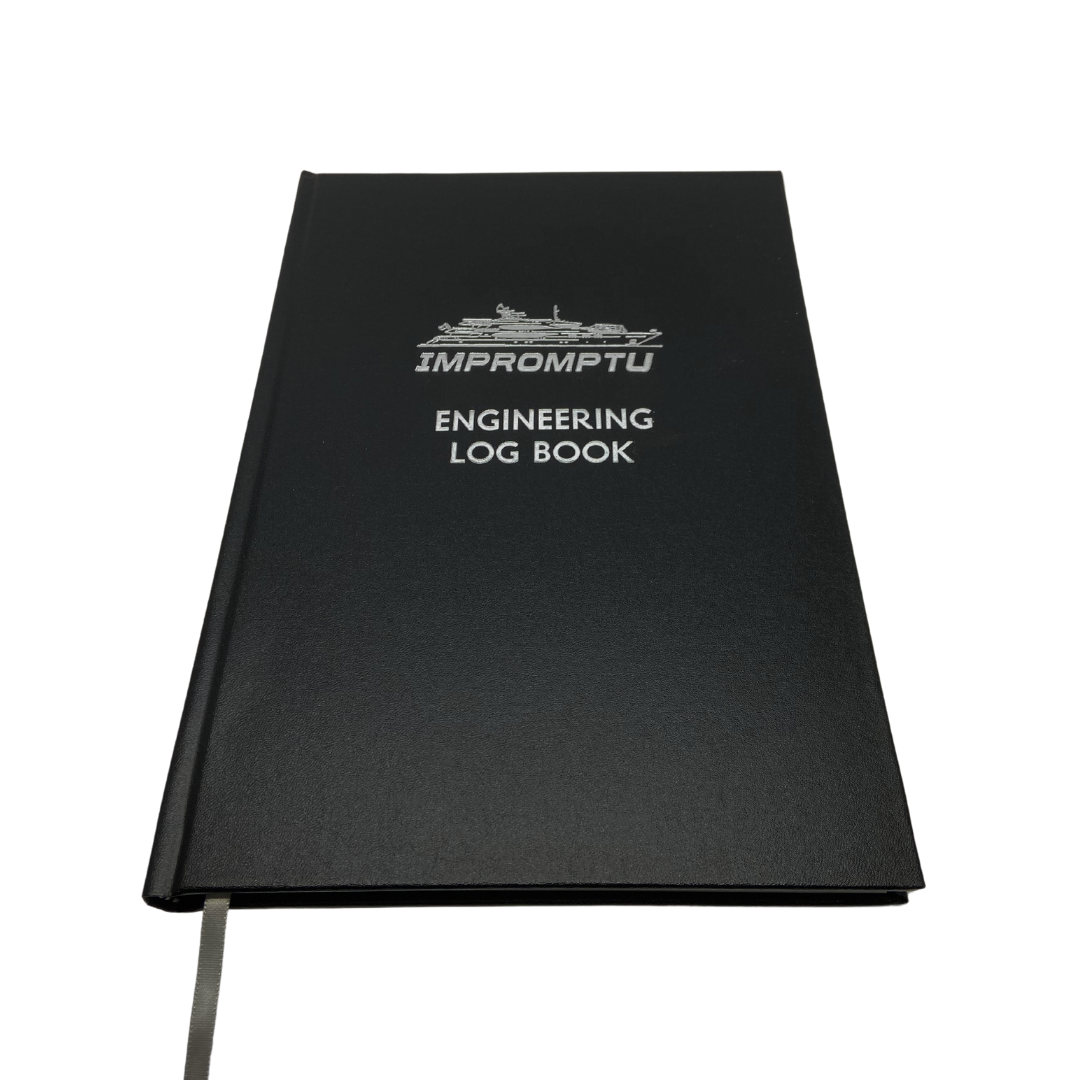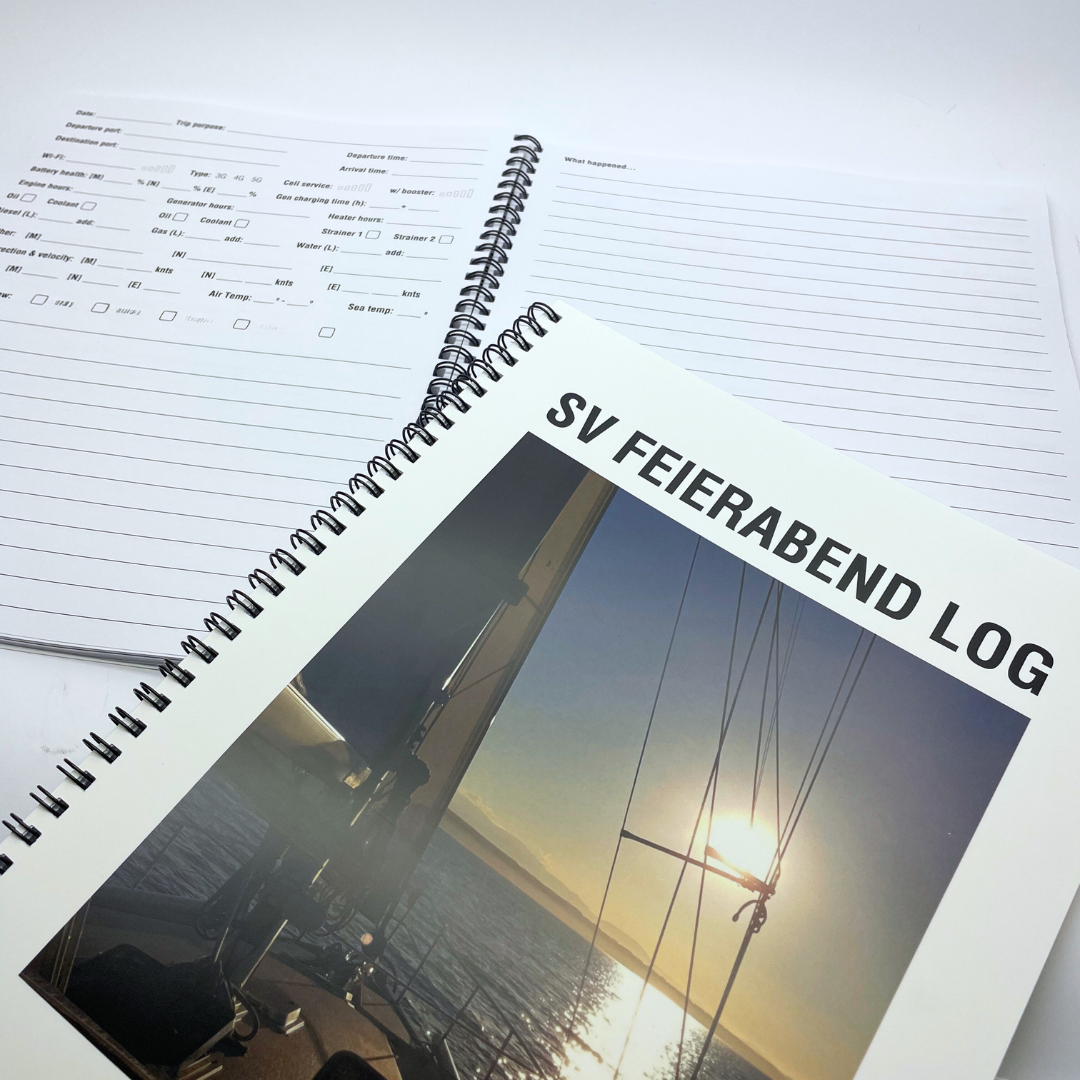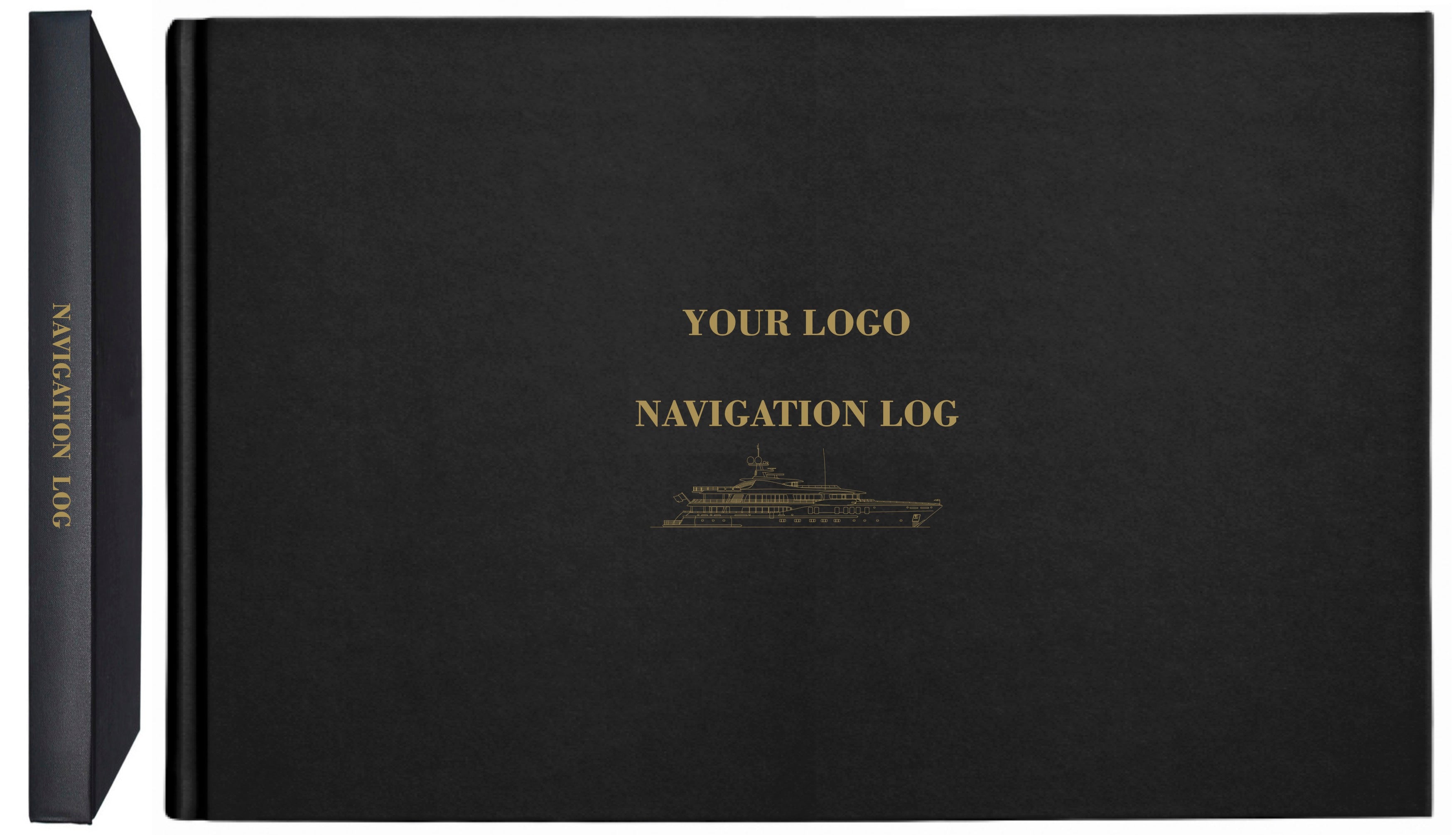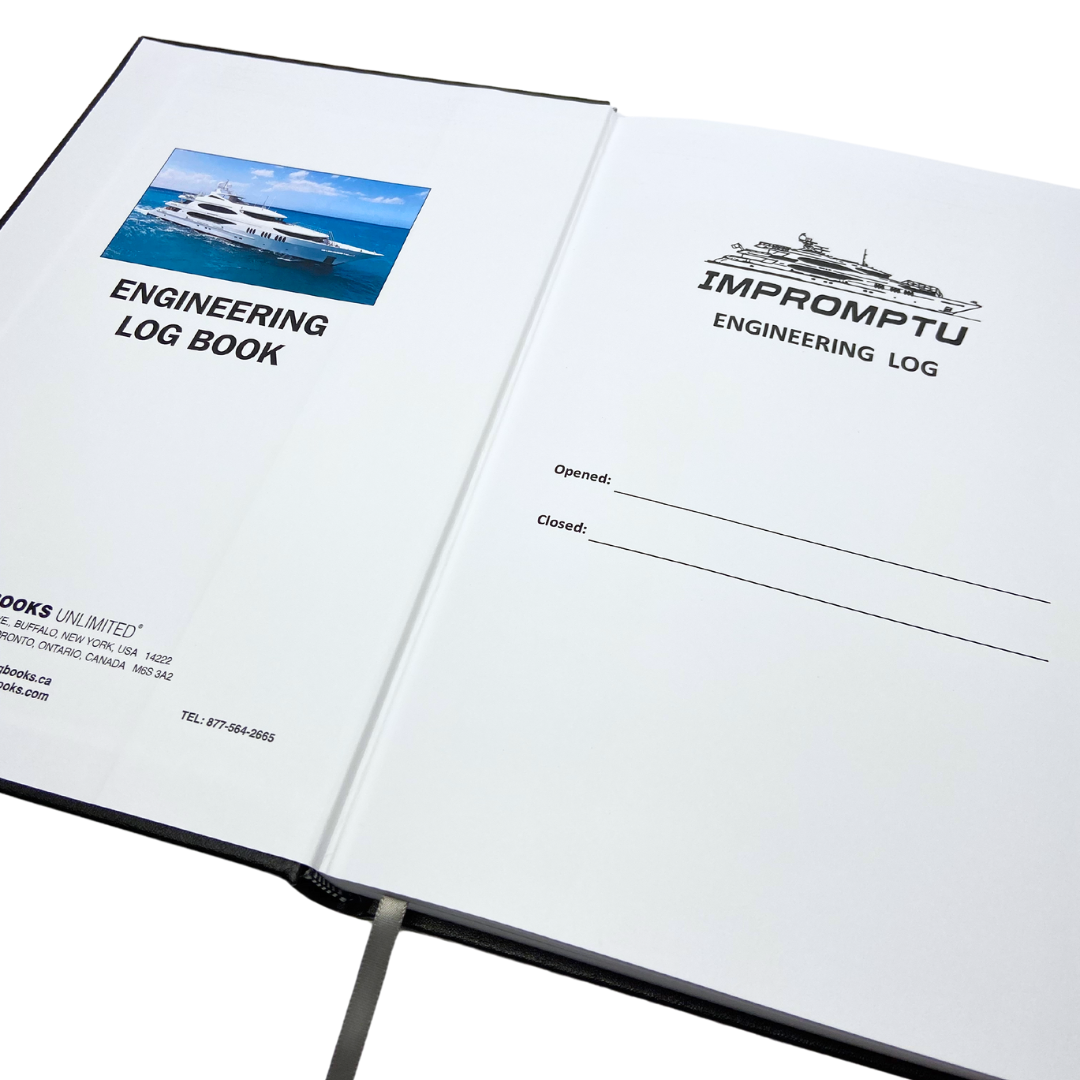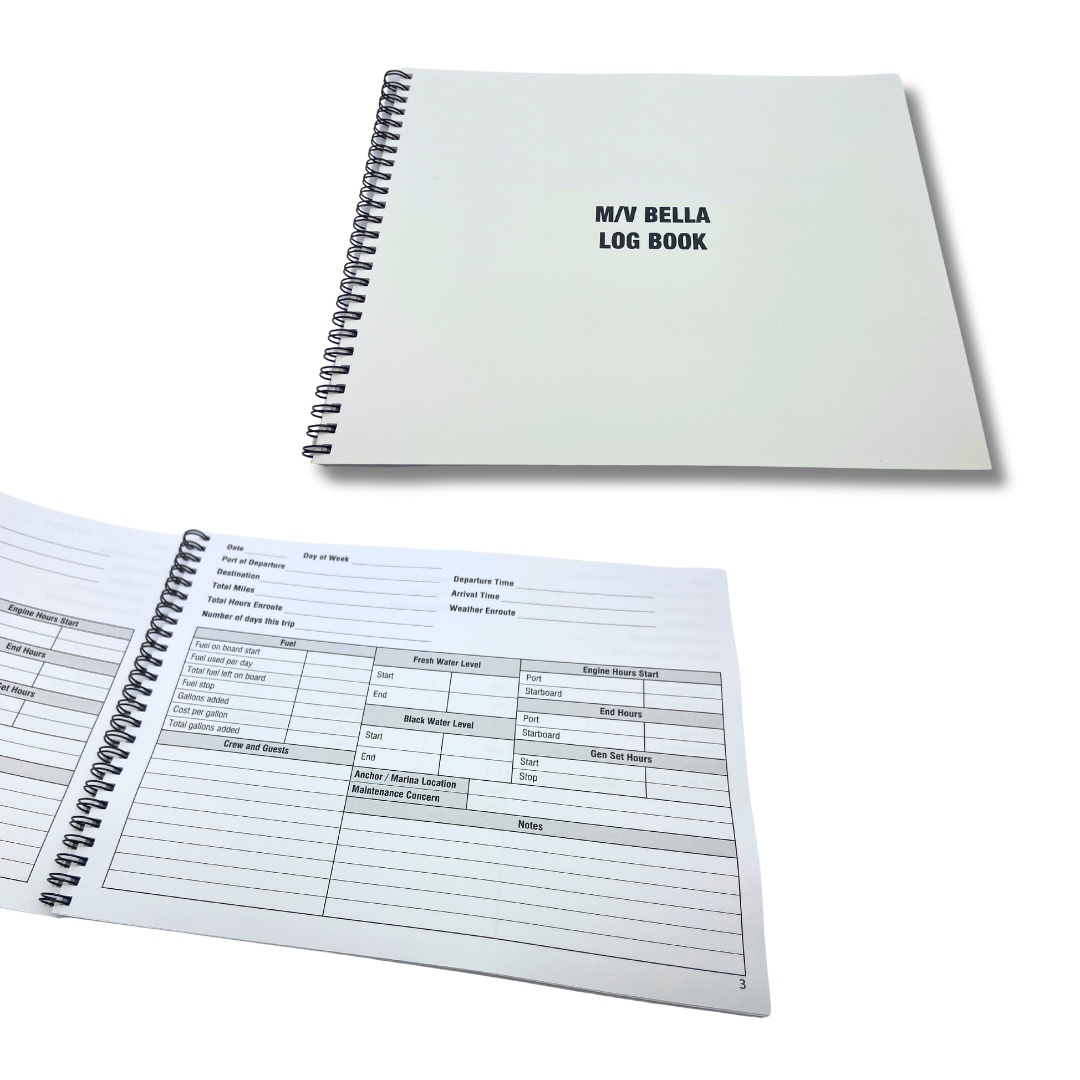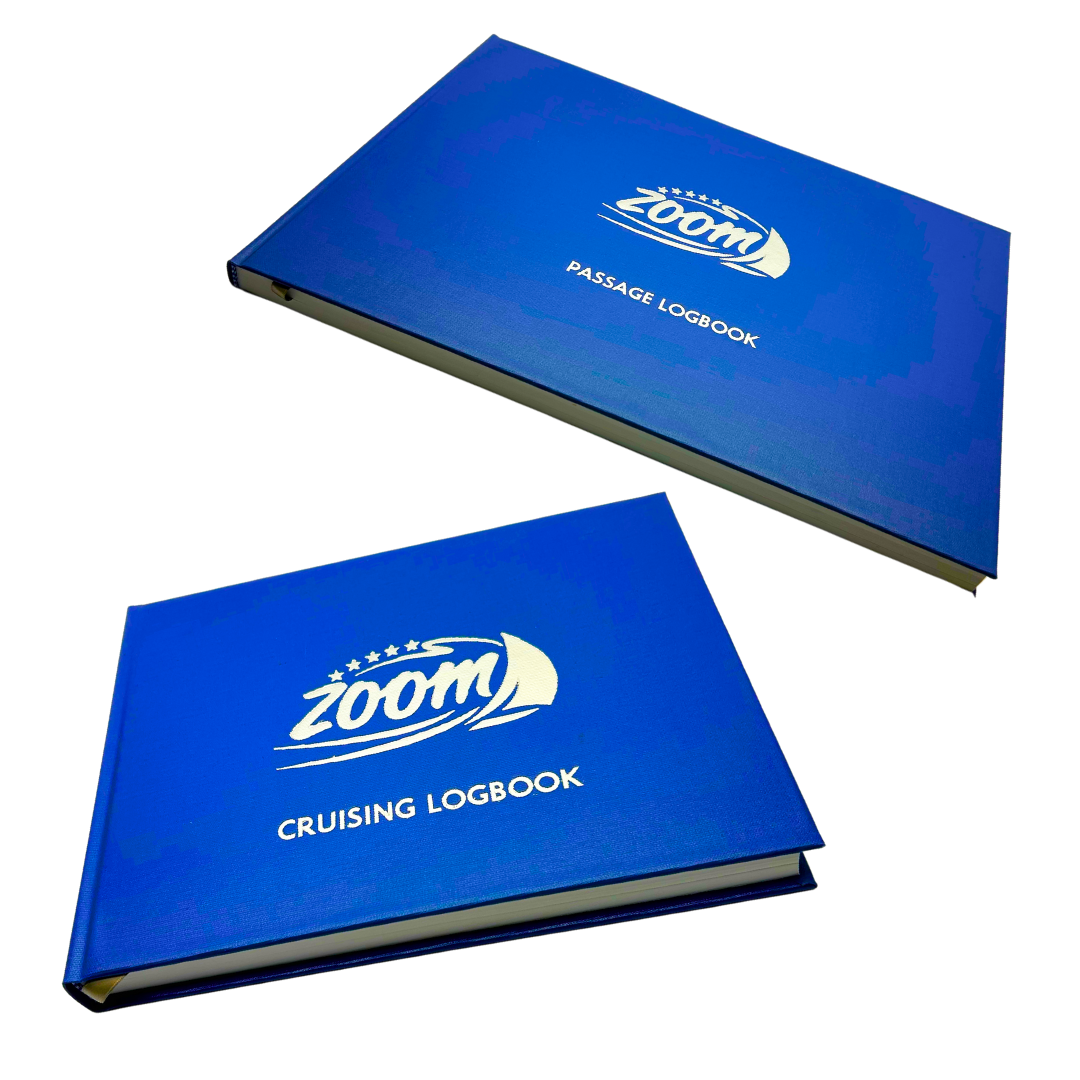
Create a Custom Log Book Now
Our team use your specific needs to work out the size and formatting you need. Whether deck log book, engine room log book or bridge log book each page features tailored printed columns and layouts to provide all the customization you need to accurately log and record your data.
-
Deck Log Book #1114
Regular price $42.00 USDRegular priceUnit price per -
Sailing Yacht Log Book #522
Regular price $30.00 USDRegular priceUnit price per
Vessel Log Books We Customize
-
Included but not limited to:
- Anchor Log Book
- Ballast Water Record Book
- Biofouling Management Log Book
- Bridge Log Book
- Chronometer Rate Log Book
- Compass Observation Book
- Cruising Log
- Deck Log Book
- Dive Log
- Dynamic Positioning Log
- Emissions Log Book
- Engine Log Book
- Engine Daily Log Book
- Engineering Underway Log
-
Included but not limited to:
- Interior Log
- Galley Log
- GMDSS Radio Log Book
- Garbage Record Book
- Key Register Log Book
- Laundry Log
- Law Enforcement Vessel Log
- Marine Fuel Sulphur Record Book
- Mooring Operations Log Book
- Navigation Log
- Night Order Book
- Oil Record Book
- Radar Log Book
- Voyage Log Book
Importance of Maintaining a Log Book for Yacht/Vessel Owners and Operators
-
Safety and Navigation
The boat log book is a crucial navigation tool, recording important details such as course changes, waypoints, and distances covered. In an emergency or unexpected situation, a well-maintained vessel's log book can aid in retracing steps and determining the vessel's location.
-
Compliance with Regulations
Yachts and vessels are subject to international and flag state regulations, such as those set forth by the International Maritime Organization (IMO) and the Safety of Life at Sea (SOLAS) convention. Maintaining a yacht's log book is often a legal requirement to demonstrate compliance with these regulations.
-
MARPOL Compliance
The ship's log book is crucial in adhering to the MARPOL convention, which aims to prevent pollution from ships. Recording fuel consumption, waste disposal, and emissions helps ensure environmental compliance.
-
Operational Efficiency
A well-maintained ship's log book provides valuable insights into the vessel's performance, fuel consumption, and maintenance history. This data allows owners and operators to identify patterns, optimize routes, and plan for future operations.
-
Emergency Preparedness
In case of accidents, emergencies, or unforeseen events, a sailing log book becomes an invaluable resource for understanding the events leading up to the incident. This information can be crucial during investigations and post-incident analysis.
-
Maintenance and Upkeep
A yacht's log book includes records of routine maintenance, repairs, and upgrades. This historical data helps plan future maintenance schedules, ensuring the vessel operates at peak performance and minimizing the risk of unexpected breakdowns.
-
Crew Accountability and Training
Crew activities, shifts, safety drills, and training sessions are logged in the book. This information keeps track of the crew's responsibilities and serves as a valuable resource for training new crew members.
-
Legal Documentation
The boat log book serves as legal documentation that can be used to verify compliance with regulations, demonstrate adherence to safety protocols, and provide evidence in legal proceedings.Maintaining a vessel's log book is not just a regulatory requirement but a fundamental practice for ensuring the vessel's safety, compliance, and efficient operation.
Not sure where to start?
We are here to help!





